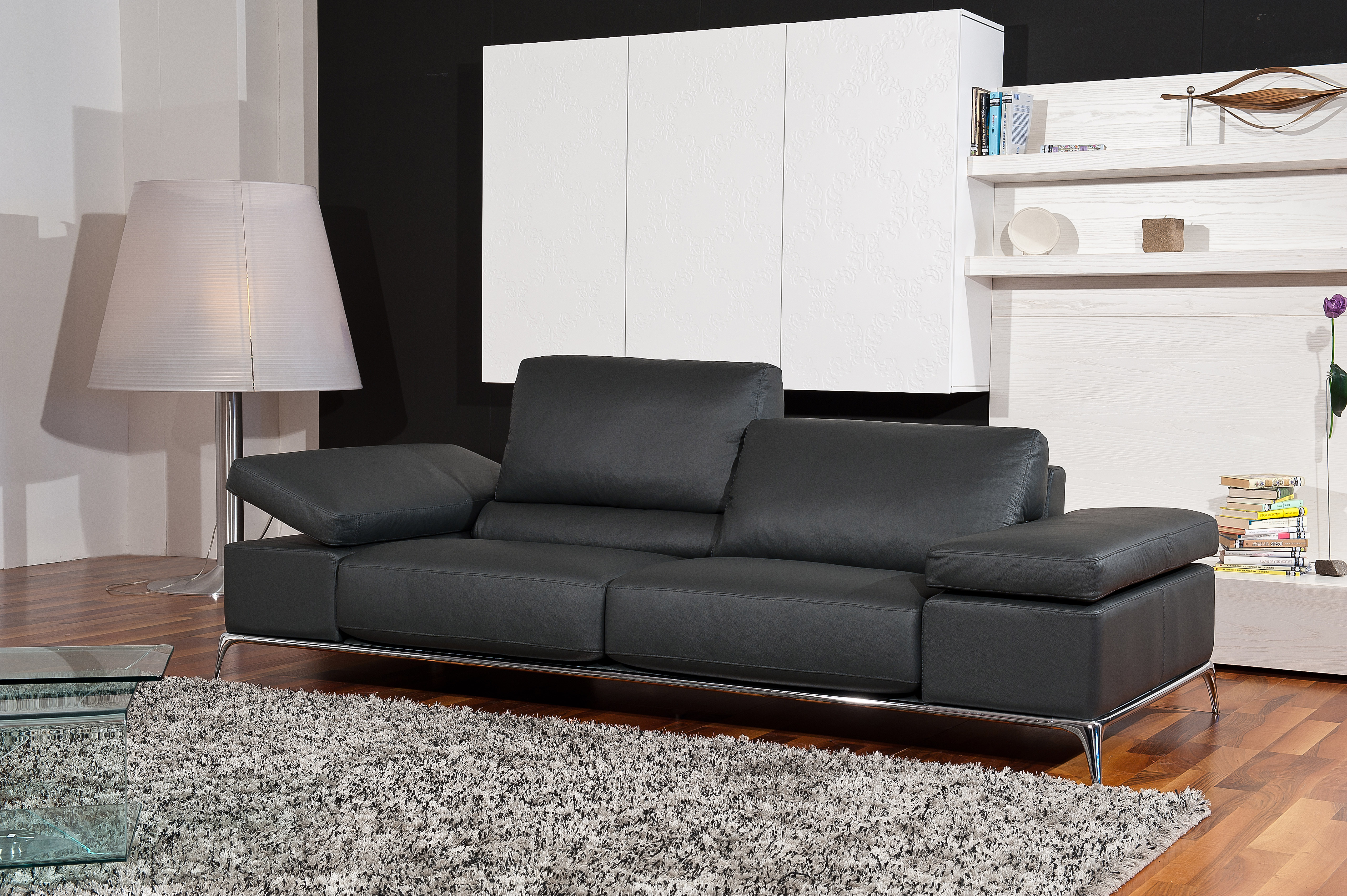1. Feng Shui Tips for Kitchen Design
If you're looking to create a kitchen that not only looks great but also has positive energy flowing through it, incorporating the principles of feng shui into your design is the way to go. Feng shui, which translates to "wind and water," is an ancient Chinese practice that emphasizes the importance of balance and harmony in our living spaces. And since the kitchen is considered the heart of the home, it's crucial to have good feng shui in this area. Here are our top 10 feng shui tips for kitchen design to help you achieve a harmonious and balanced space.
2. Kitchen Design Tips for Good Feng Shui
Before diving into the specific feng shui tips, it's essential to understand the fundamental principles of good feng shui when it comes to kitchen design. One of the main principles is the concept of the five elements: wood, fire, earth, metal, and water. These elements need to be balanced and present in your kitchen to promote positive energy flow. Additionally, clutter is a big no-no in feng shui, so make sure to keep your kitchen clean and organized.
3. How to Incorporate Feng Shui in Your Kitchen Design
Now that you have a basic understanding of feng shui, let's get into the specifics of incorporating it into your kitchen design. Start by choosing a color scheme that aligns with the five elements. For example, green represents wood, red represents fire, yellow represents earth, white represents metal, and blue represents water. You can incorporate these colors through paint, decor, and even kitchen appliances.
4. The Do's and Don'ts of Feng Shui Kitchen Design
When designing your kitchen, there are some essential do's and don'ts to keep in mind for good feng shui. Do include natural light in your kitchen, as it represents positive energy and growth. Don't have your stove facing the sink, as this symbolizes conflicting elements of fire and water. Do keep sharp objects, such as knives, out of sight and in a drawer or block. Don't have a cluttered and messy kitchen, as this can block the flow of positive energy.
5. Creating a Harmonious Kitchen Design with Feng Shui
Feng shui is all about balance and harmony, and your kitchen design should reflect that. To create a harmonious kitchen, make sure to have a good balance of the five elements. For example, if you have a lot of wood elements in your kitchen, add some metal elements to balance it out. You can do this by incorporating stainless steel appliances or decor made of metal materials.
6. Feng Shui Colors for Kitchen Design
We briefly touched on incorporating the five elements through color, but let's dive deeper into the feng shui colors for kitchen design. As mentioned, green represents wood, so you can add green through plants, herbs, or a green backsplash. Red represents fire, so you can incorporate this color through a red rug, curtains, or small decor pieces. Yellow represents earth, so consider adding yellow accents through decor or even a yellow wall. White represents metal, so you can add this color through your appliances, cabinets, or decor. And finally, blue represents water, so you can incorporate this color through a blue accent wall, kitchen towels, or dishes.
7. Essential Elements of Feng Shui Kitchen Design
Aside from the five elements and color, there are other essential elements to consider when designing a feng shui kitchen. These include the placement of your stove, sink, and refrigerator. The stove represents wealth and abundance, so it should be clean, in good working condition, and never placed directly opposite the sink. The sink represents the flow of water and energy, so it should be kept clean and clutter-free. The refrigerator symbolizes nourishment and should be well-stocked with fresh and healthy food.
8. Feng Shui Kitchen Design Layout Ideas
If you're in the process of designing a new kitchen, it's crucial to consider the layout from a feng shui perspective. The best layout for a feng shui kitchen is one that promotes easy movement and flow of energy. This means having enough space between the stove, sink, and refrigerator and avoiding any obstacles in the kitchen. Additionally, having a clear view of the kitchen entrance while cooking is considered good feng shui.
9. Tips for a Feng Shui-Friendly Kitchen Design
There are some additional tips to keep in mind for a feng shui-friendly kitchen design. First, make sure to have proper lighting in your kitchen, as this represents positive energy. You can achieve this through natural light, overhead lighting, and task lighting. Next, incorporate natural elements, such as wood and plants, into your kitchen design to promote a sense of calmness and balance. And finally, consider adding a mirror in your kitchen, as this can reflect and expand the energy in the space.
10. How to Use Feng Shui to Improve Your Kitchen Design
Lastly, it's important to note that feng shui is not a one-time thing. It's an ongoing practice that requires maintenance and intention. Make sure to regularly declutter and clean your kitchen to keep the energy flowing smoothly. You can also incorporate feng shui practices, such as burning candles or using essential oils, to enhance the positive energy in your kitchen. With these tips, you can use feng shui to improve your kitchen design and create a space that not only looks beautiful but also promotes a sense of balance and harmony.
Feng Shui Tips for Kitchen Design: Incorporating Nature for a Balanced Space

The Importance of Balance in Kitchen Design
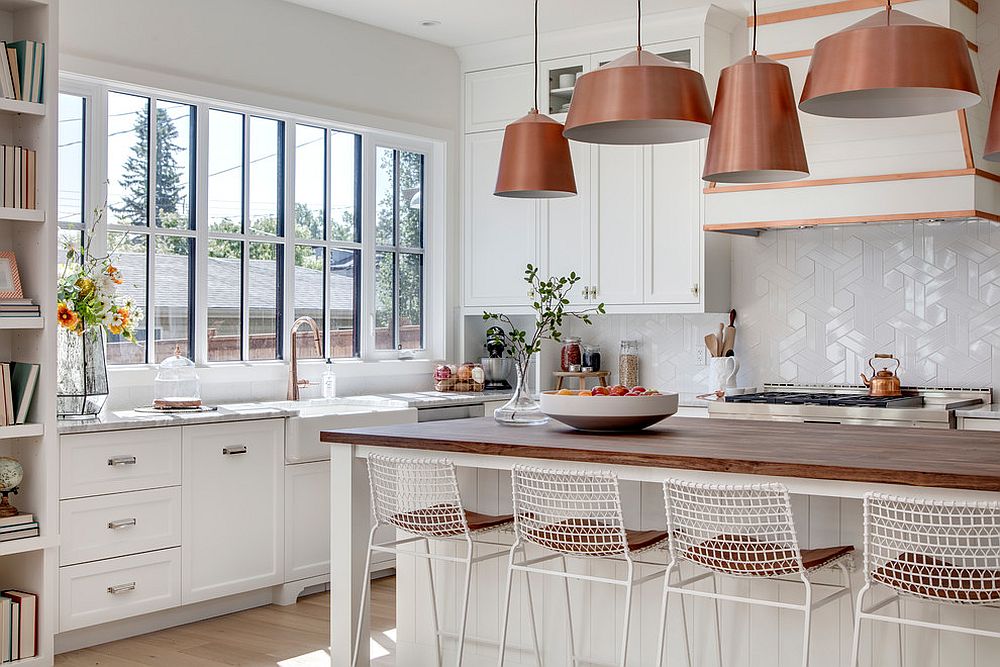 When it comes to creating a harmonious and functional kitchen,
feng shui
principles can be extremely beneficial. The ancient Chinese practice of
feng shui
focuses on creating a flow of positive energy, or
chi
, within a space. In the kitchen, this energy is essential for promoting health, abundance, and nourishment. By incorporating
feng shui
tips into your kitchen design, you can create a space that not only looks beautiful but also feels balanced and inviting.
When it comes to creating a harmonious and functional kitchen,
feng shui
principles can be extremely beneficial. The ancient Chinese practice of
feng shui
focuses on creating a flow of positive energy, or
chi
, within a space. In the kitchen, this energy is essential for promoting health, abundance, and nourishment. By incorporating
feng shui
tips into your kitchen design, you can create a space that not only looks beautiful but also feels balanced and inviting.
Bringing Nature into the Kitchen
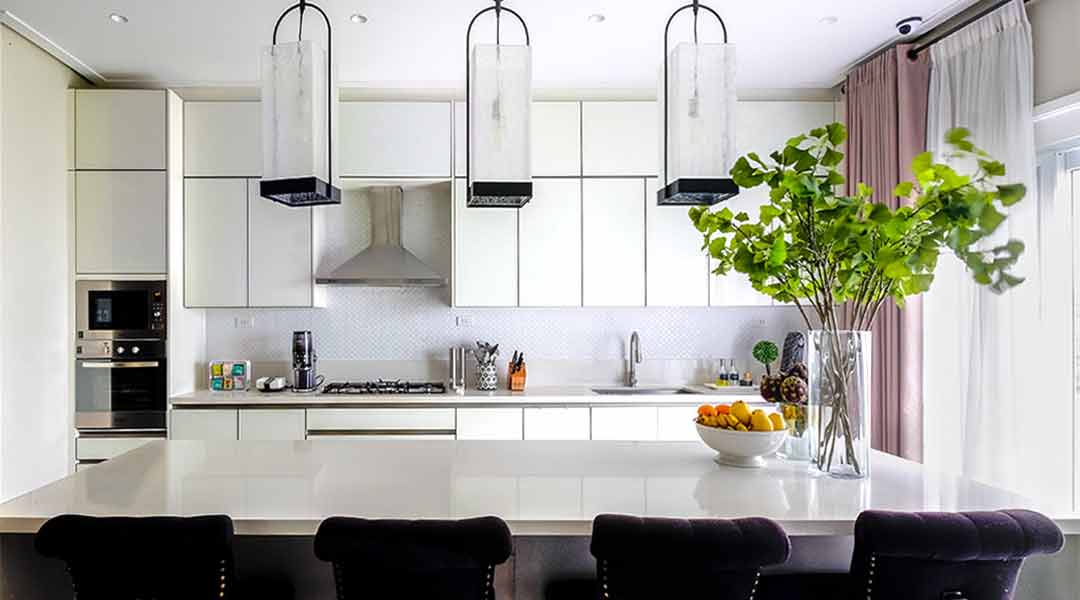 One way to enhance the
chi
in your kitchen is to incorporate elements of nature. This can be done in a variety of ways, such as incorporating natural materials like wood and stone, or adding plants and herbs to your kitchen space. Natural materials and elements not only add visual interest to your kitchen but also bring a sense of grounding and balance.
Feng shui
experts also believe that plants and herbs can purify the air and promote positive energy flow, making them a great addition to any kitchen design.
One way to enhance the
chi
in your kitchen is to incorporate elements of nature. This can be done in a variety of ways, such as incorporating natural materials like wood and stone, or adding plants and herbs to your kitchen space. Natural materials and elements not only add visual interest to your kitchen but also bring a sense of grounding and balance.
Feng shui
experts also believe that plants and herbs can purify the air and promote positive energy flow, making them a great addition to any kitchen design.
Optimizing the Layout for Functionality
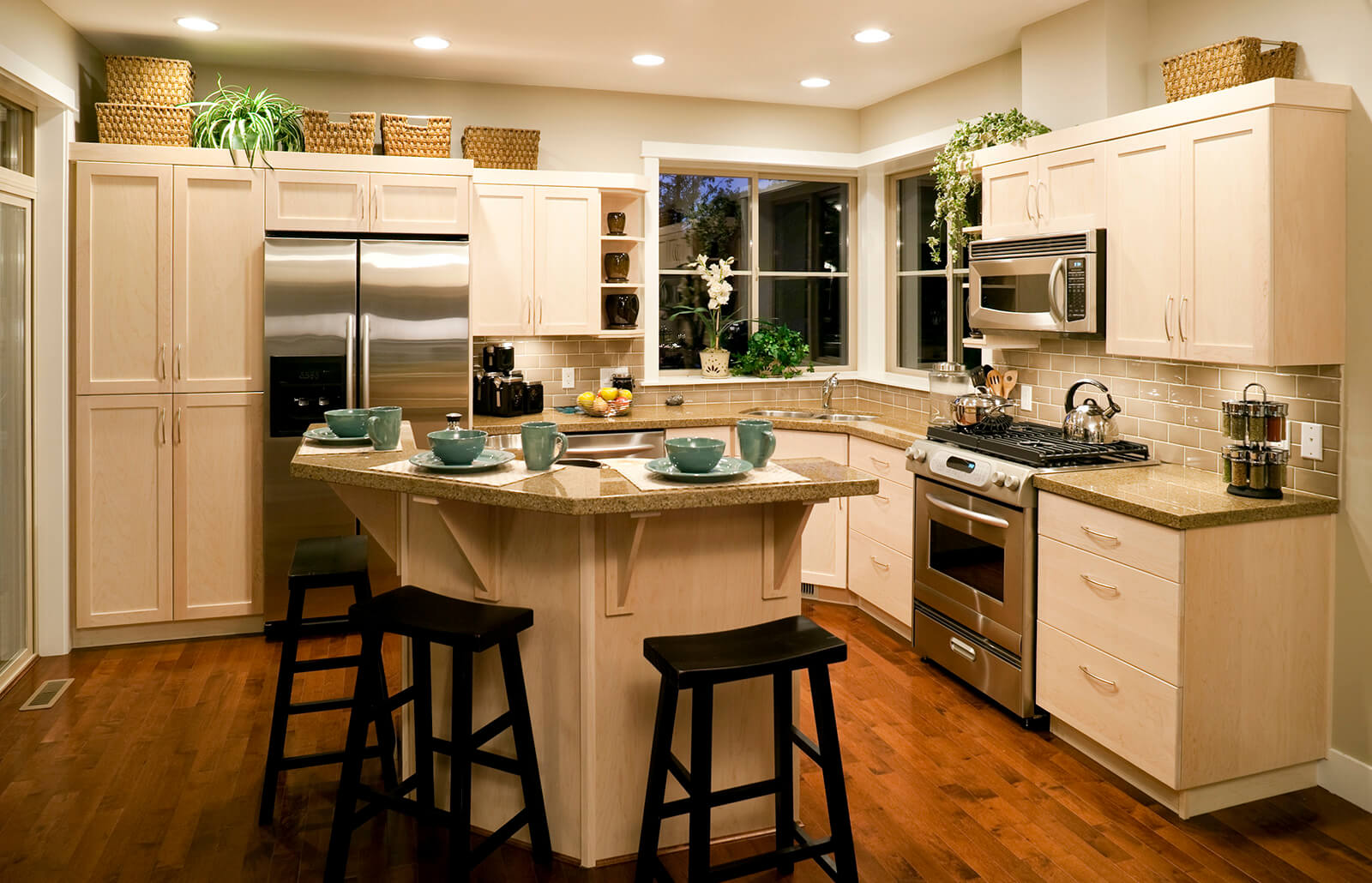 In
feng shui
, the placement and arrangement of furniture and objects is crucial for creating a balanced and functional space. In the kitchen, this means optimizing the layout for maximum efficiency and flow.
Feng shui
principles suggest that the stove, sink, and refrigerator should form a
triangle
in the kitchen, with each appliance representing a different element (fire, water, and metal). This layout promotes balance and harmony in the kitchen and makes it easier to move around and cook without any obstructions.
In
feng shui
, the placement and arrangement of furniture and objects is crucial for creating a balanced and functional space. In the kitchen, this means optimizing the layout for maximum efficiency and flow.
Feng shui
principles suggest that the stove, sink, and refrigerator should form a
triangle
in the kitchen, with each appliance representing a different element (fire, water, and metal). This layout promotes balance and harmony in the kitchen and makes it easier to move around and cook without any obstructions.
Decluttering for a Clear Mind
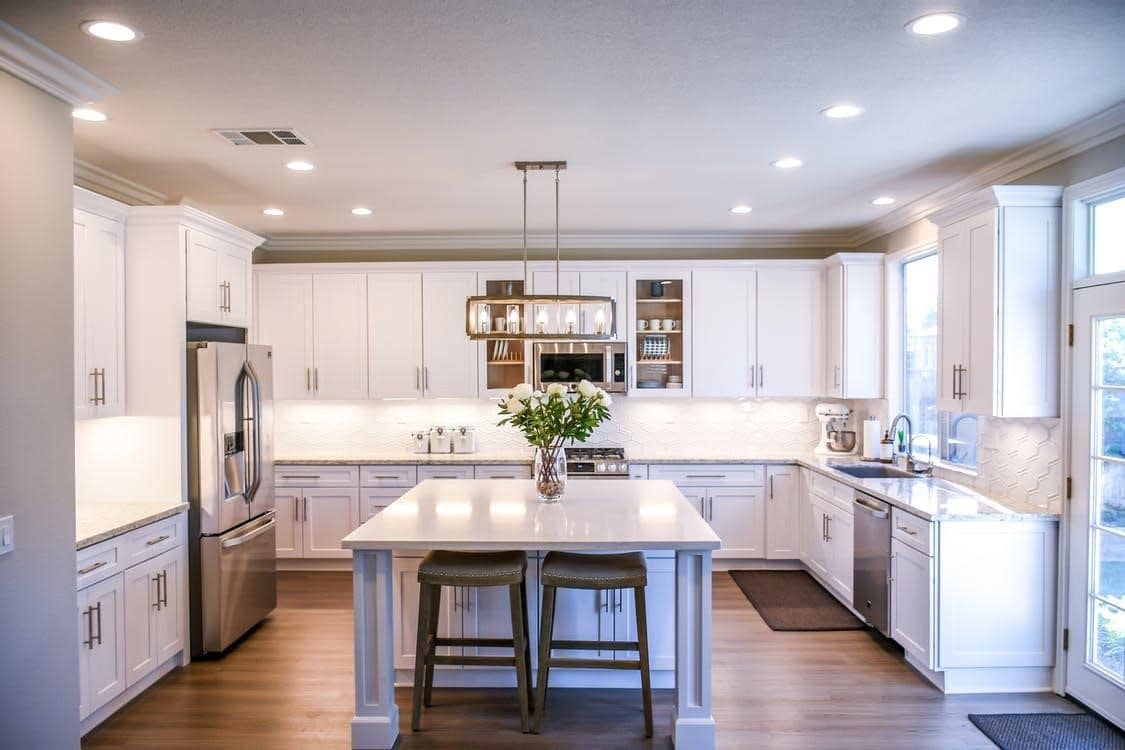 Another important
feng shui
tip for kitchen design is to keep the space clutter-free and organized. A cluttered and disorganized kitchen can create a sense of chaos and disrupt the flow of
chi
. In
feng shui
, clutter is seen as stagnant energy that can block the flow of positive energy in a space. Therefore, it is essential to keep your kitchen counters and cabinets tidy and organized to promote a clear and calm mind while cooking and preparing meals.
Another important
feng shui
tip for kitchen design is to keep the space clutter-free and organized. A cluttered and disorganized kitchen can create a sense of chaos and disrupt the flow of
chi
. In
feng shui
, clutter is seen as stagnant energy that can block the flow of positive energy in a space. Therefore, it is essential to keep your kitchen counters and cabinets tidy and organized to promote a clear and calm mind while cooking and preparing meals.
Conclusion
 Incorporating
feng shui
principles into your kitchen design can not only create a beautiful and inviting space but also promote a sense of balance and harmony. By incorporating natural elements, optimizing the layout, and decluttering, you can create a kitchen that not only looks great but also promotes health, abundance, and positive energy flow. So, the next time you're redesigning your kitchen, consider incorporating
feng shui
tips for a space that is not only functional but also promotes a sense of peace and well-being.
Incorporating
feng shui
principles into your kitchen design can not only create a beautiful and inviting space but also promote a sense of balance and harmony. By incorporating natural elements, optimizing the layout, and decluttering, you can create a kitchen that not only looks great but also promotes health, abundance, and positive energy flow. So, the next time you're redesigning your kitchen, consider incorporating
feng shui
tips for a space that is not only functional but also promotes a sense of peace and well-being.
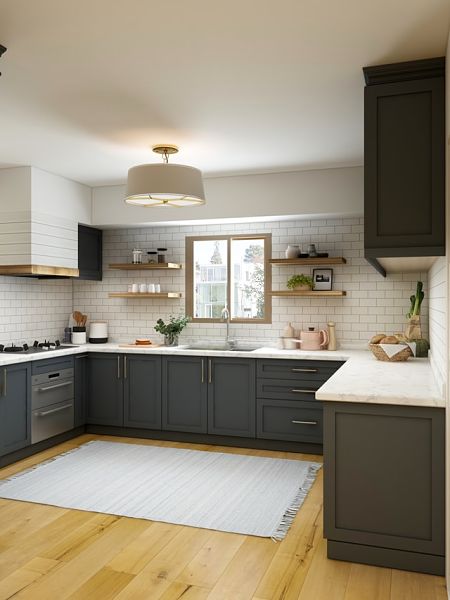
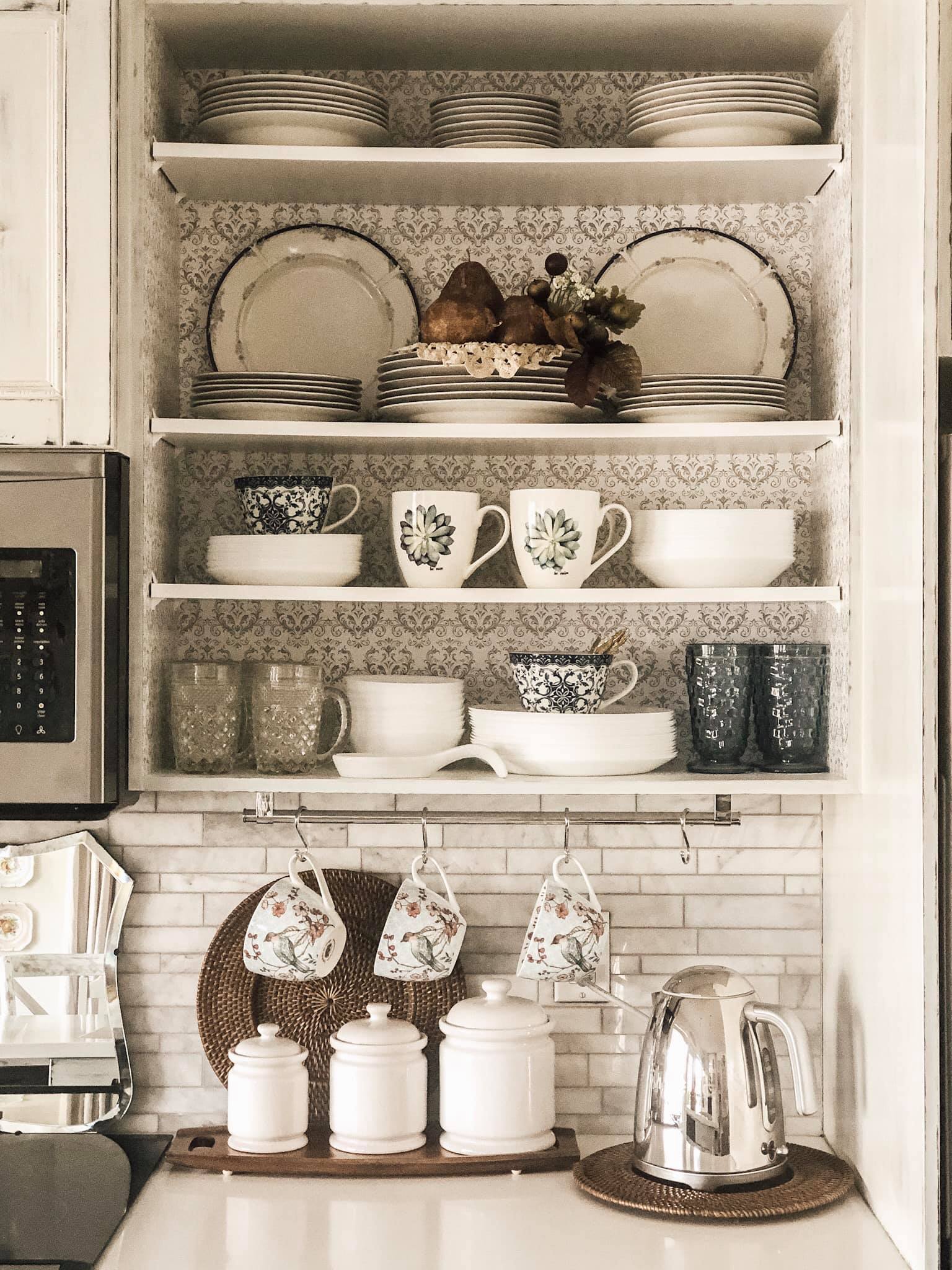




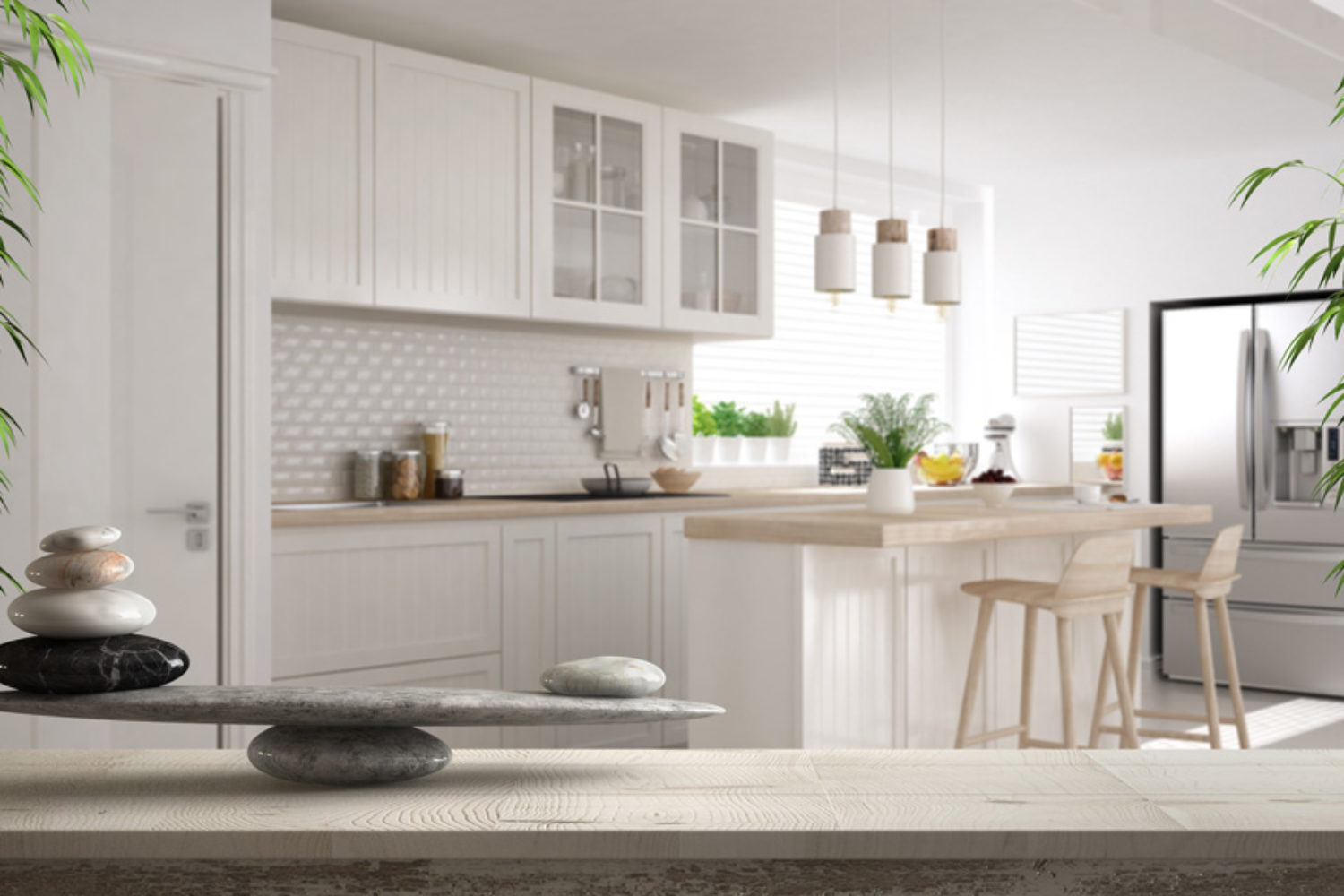
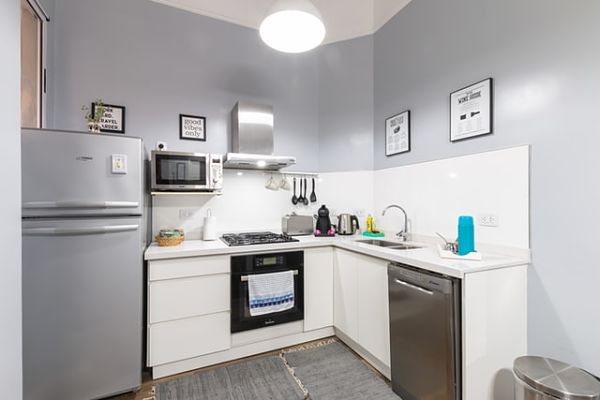

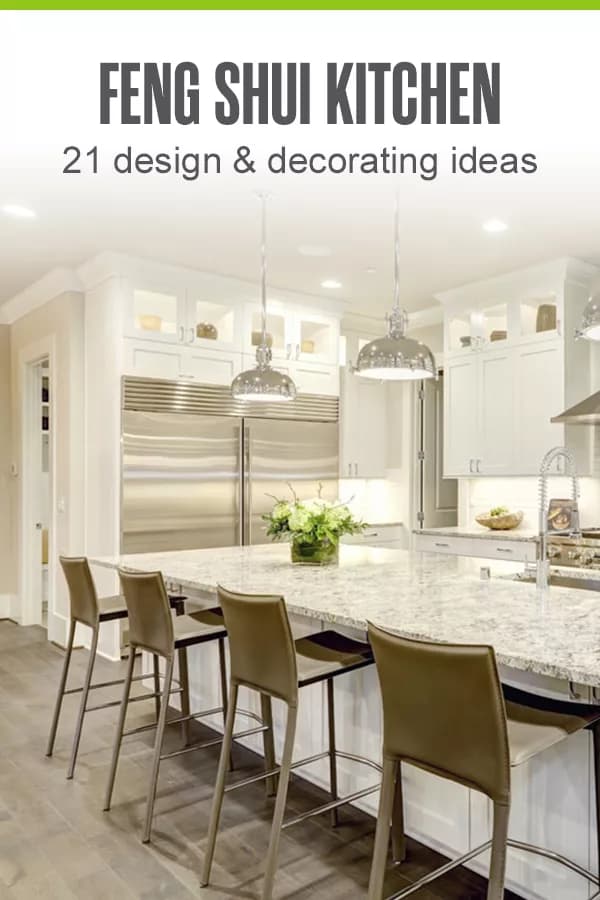







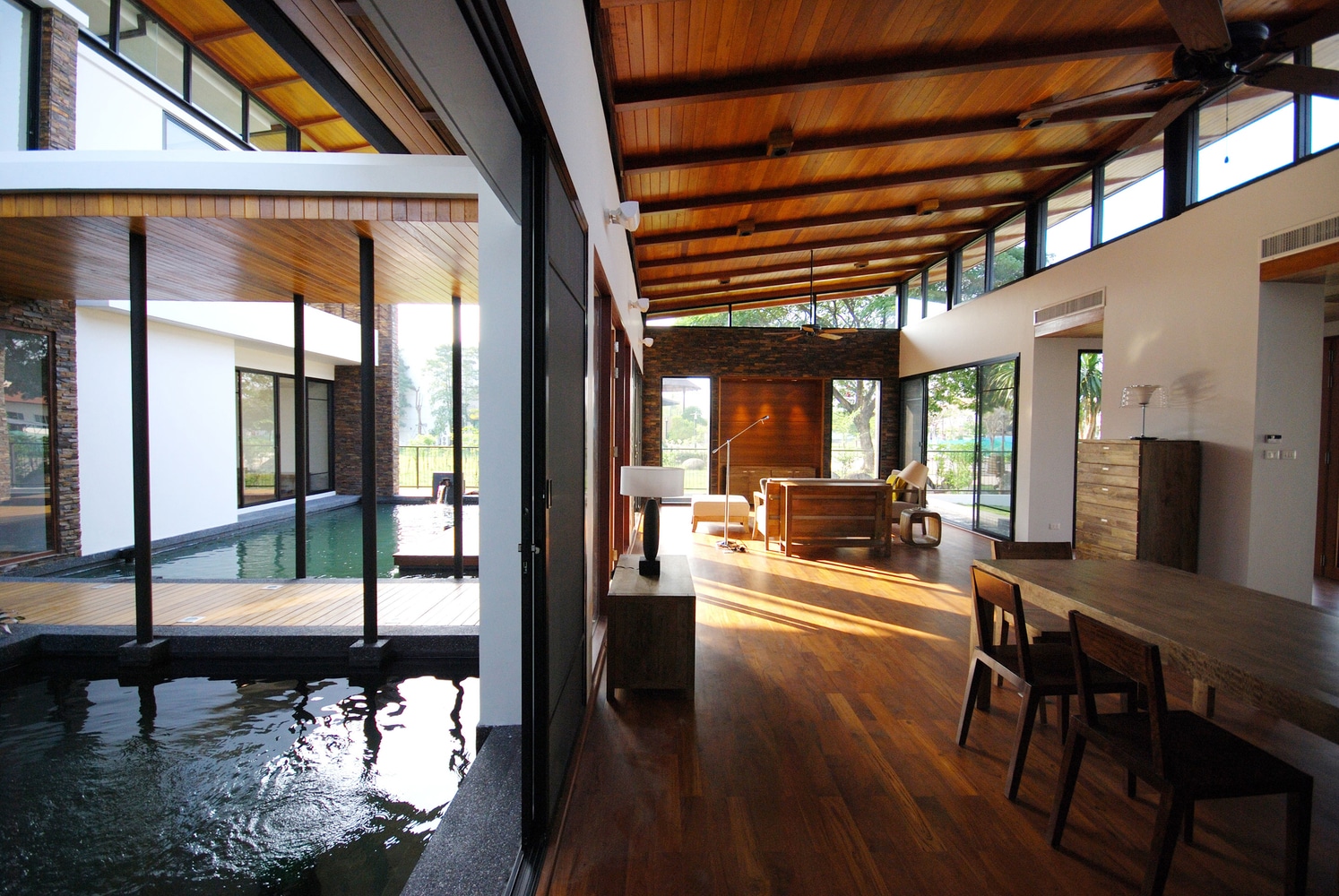
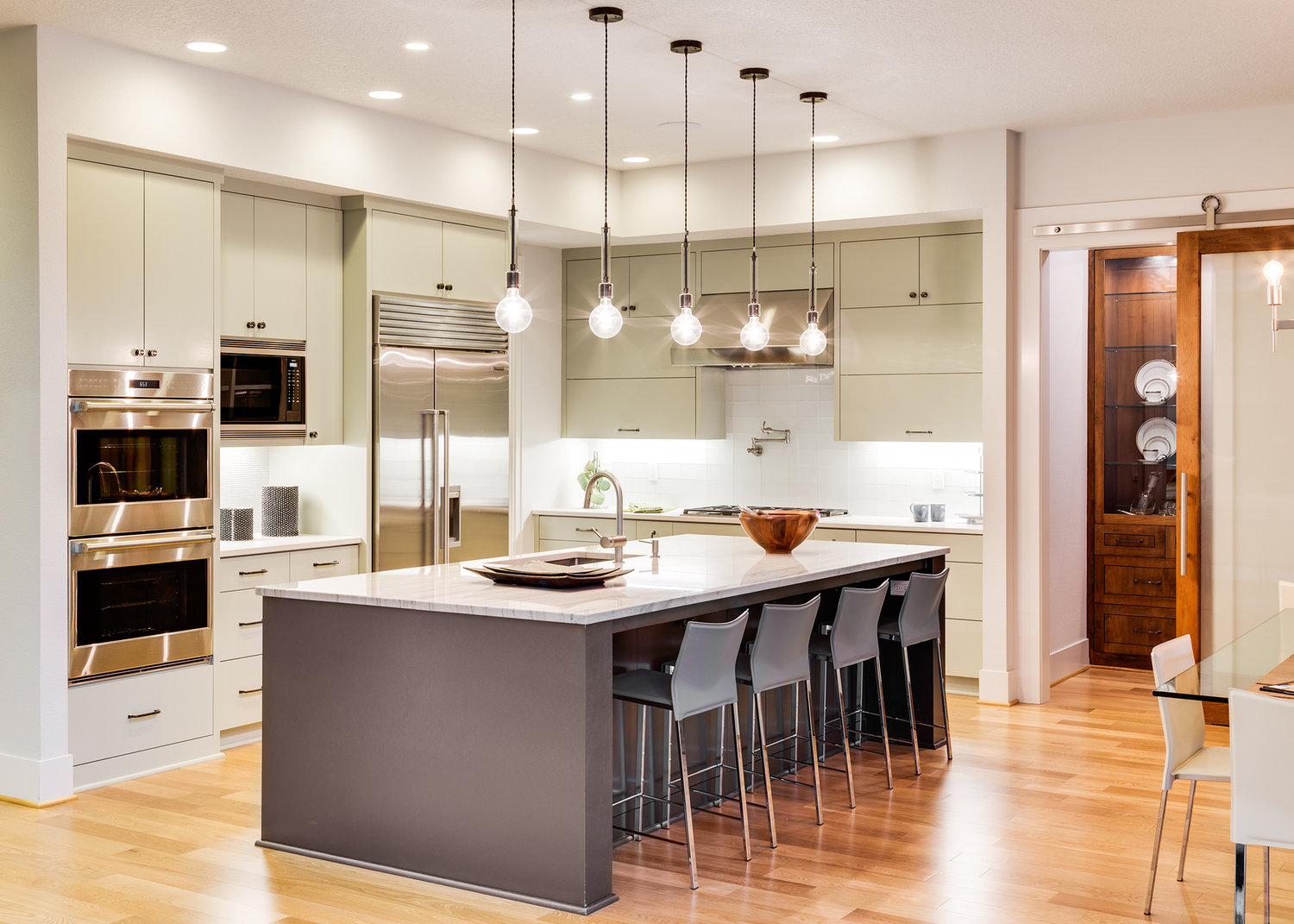



:max_bytes(150000):strip_icc()/MarigoldLane_005_revised1-60e62e628ae5484994eac2d1342978b7.jpg)
:max_bytes(150000):strip_icc()/architecture-feng-shui-kitchen-150339572-G2-crop-5b611b2b46e0fb0025c02800.jpg)
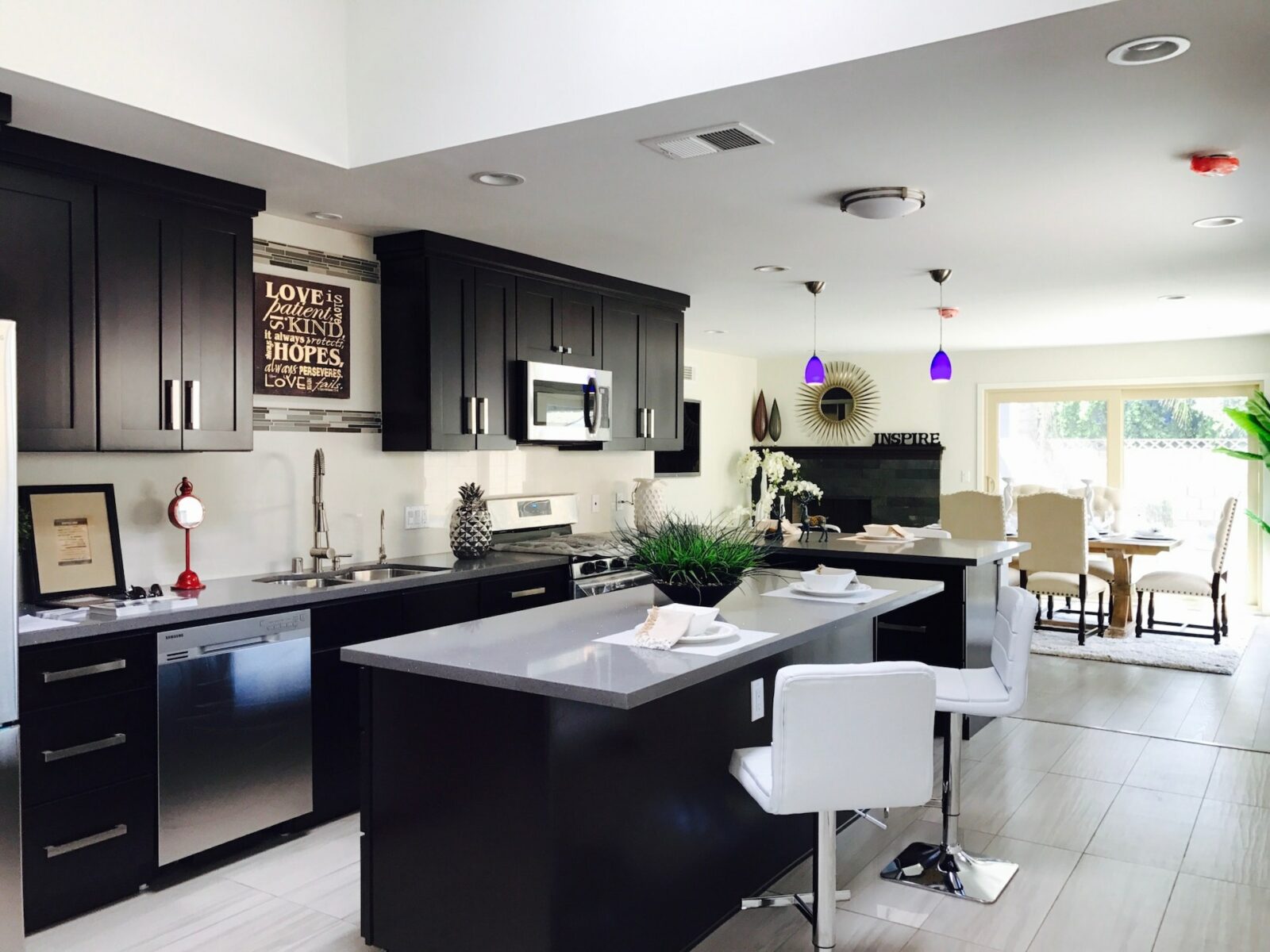
/kitchen-167449465-G1-56a02d155f9b58eba4af44a3.jpg)
/r-architecture-TRCJ-87Yoh0-unsplash-bf44b463832b43e58f7352815d166ae4.jpg)
/AStrImg-grayK-56a2e2ee3df78cf7727af2e6.jpg)











/AStrImg-grayK-56a2e2ee3df78cf7727af2e6.jpg)
:max_bytes(150000):strip_icc()/ChrisRYangk2-56a2e2f65f9b58b7d0cf8678.jpg)
:max_bytes(150000):strip_icc()/christian-mackie-SxBca4GcC9k-unsplash-c14d0e3860ee4b9face8d6581579d070.jpg)
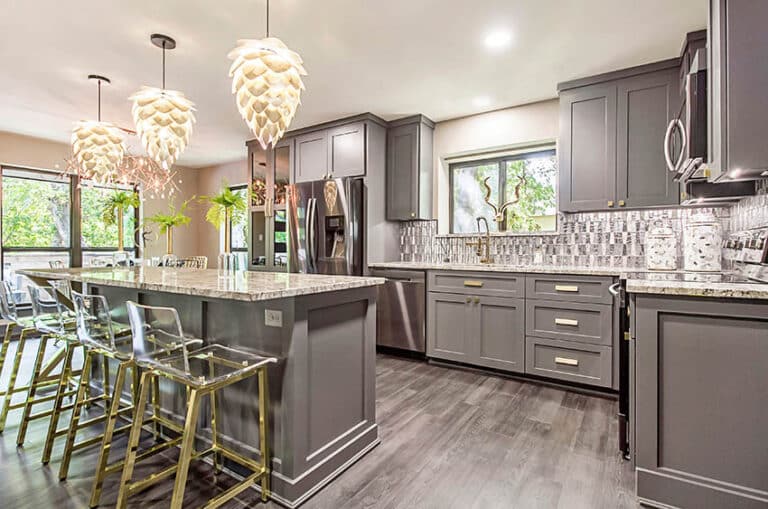
/white-home-showcase-kitchen-with-farmhouse-sink-915094882-5c609dcfc9e77c0001d31d94.jpg)



:max_bytes(150000):strip_icc()/feng-shui-kitchen-7a2bd7da56f04871b0d133c66d938505.png)















